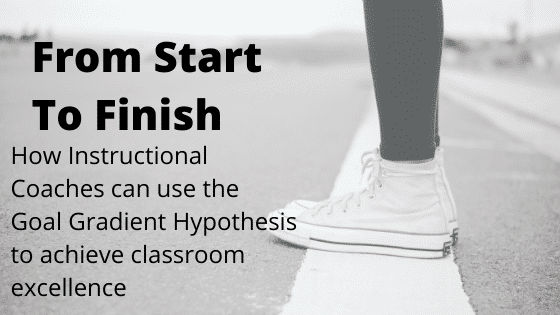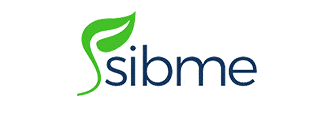
Instructional Coaches often work hard to help their colleagues make changes in their classrooms to improve student outcomes. Instructional coaches use lots of tools to try to move the needle on teaching and learning. They model research-based instructional practices, record classrooms of instruction, observe and provide feedback, and help facilitate PLCs. However, the results are mixed. While many coaches try to help teachers improve, too often, they rarely see changes in the classroom practices of the teachers they are trying to help.
But perhaps their efforts aren’t in vain.
Perhaps the problem isn’t tactics, it’s timelines.
Behavioral psychologist Clark L. Hull was serious about the mathematical side of our brains, reducing our overall behavior to a seemingly simple equation:
![]()
Hull, like many early behavioral psychologists, believed that the right incentives and timelines could condition people to do just about anything and that behavior was essentially a result of certain inputs.
While the debate on human behavior has evolved since Hull’s time in the field, many psychologists still believe that our actions can be altered with the right conditioning. A great article on Farnam Street recently cited a 2006 study that suggests that operant conditioning can be effective, but the incentives need to be nearer, and the goals need to be smaller.
We’ve already written quite a bit about goal-setting. But the added insight from this recent study is that goals must be perceptibly in reach in order to have a meaningful effect. In other words, setting long-term goals that are measured through things like annual test scores, teacher appraisals, or other “big-picture” metrics are likely to have little effect on effectiveness (word-play intended).
Instead, the study suggests that instructional coaches should help teachers set goals that are short-term. That might mean breaking down annual and semester goals into smaller chunks, or you might just throw the big goals out altogether. Of course, shorter goals are necessary but insufficient. These goals need to have rewards to be really effective. Like many behavioral psychologists (we all remember Pavlov’s Dogs) Hull recognized that there needs to be a meaningful incentive to motivate humans towards behavioral change. This is another area where instructional coaches can find creative ways to move the needle. If a teacher accomplishes a new instructional strategy, what will they receive? If a PLC co-plans and implements a new unit, what’s the reward? Many schools aren’t explicit about this part of the conversation, or they might ignore it entirely.
It’s nice to think that all educators are altruistically motivated by student achievement, but it’s not entirely fair. In most other professional jobs, people get to see the rewards of their work, but teachers often don’t. Teaching is like planting seeds in a garden you may never see grow. The work is noble, but often not sufficiently motiving.. Instructional coaches need to help teachers identify a meaningful reward they will receive when they reach a goal, and then insist on the celebration when it’s achieved.
And if goals are long-term and big, it’s important to set some interim rewards along the way.

Think of it like a racer. If the race is short, you can see the finish line from the starting line. That’s motivating enough for a sprint. But if you’re running a marathon, you need a series of finish lines along the way. As the study suggests, nearing the finish line will result in a boost of energy. But educational goals are like a marathon, where each finish line is actually another starting line. So it’s important to pause to celebrate the achievement of an interim goal being reached and then set your sights on the next goal. Approaching instructional coaching work this way can have dramatic results, as long as you:
- Pause to celebrate each accomplishment.
- Make sure the reward for reaching a goal is explicit.
- Point the teacher’s eye to the next goal and make sure they know what they’ll get at that finish line.
Teachers intrinsically know this. This is exactly how teachers motivate students. Teachers often put stickers on worksheets, praise students for their efforts in class, and throw pizza parties on a regular basis. Of course, as we grow, our stickers need to grow with us. Incentives should be proportional to the level of effort it took to accomplish a goal. A pair of jeans-pass might be appropriate for a minor accomplishment, but not for reaching a major goal.
Many educators feel like teaching itself should be the reward. But that’s hogwash. All humans are motivated by rewards, and instructional coaches would do well to keep that thought in mind when working with teachers. It’s bound to have a big impact on your success.

